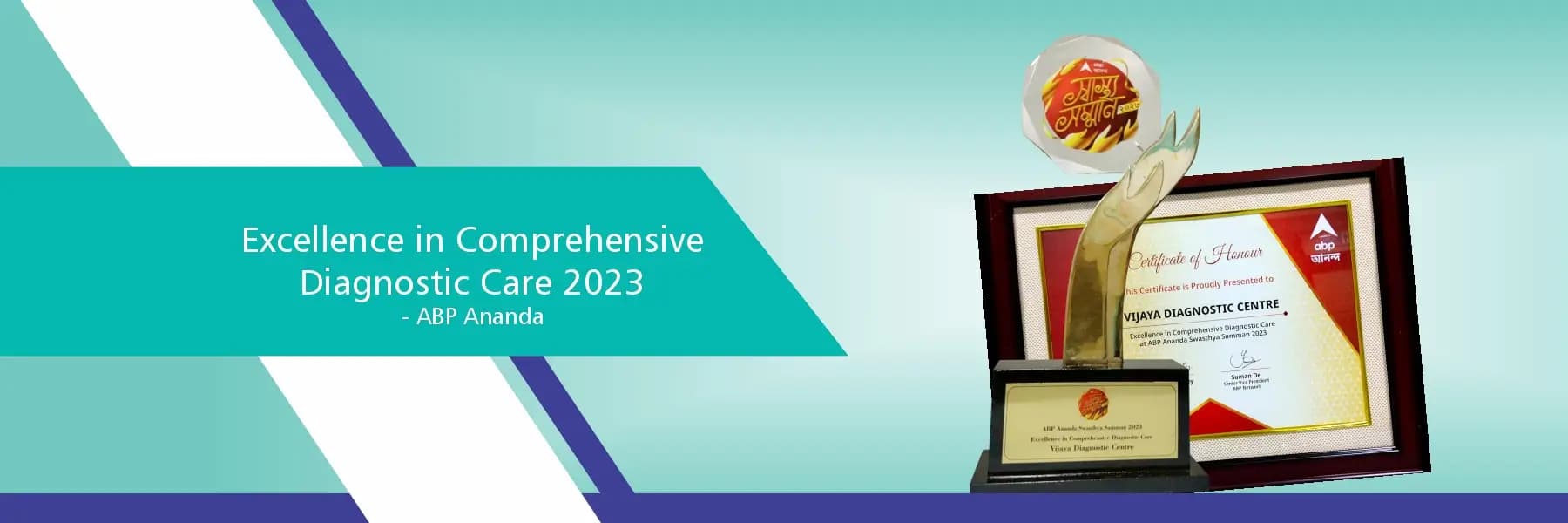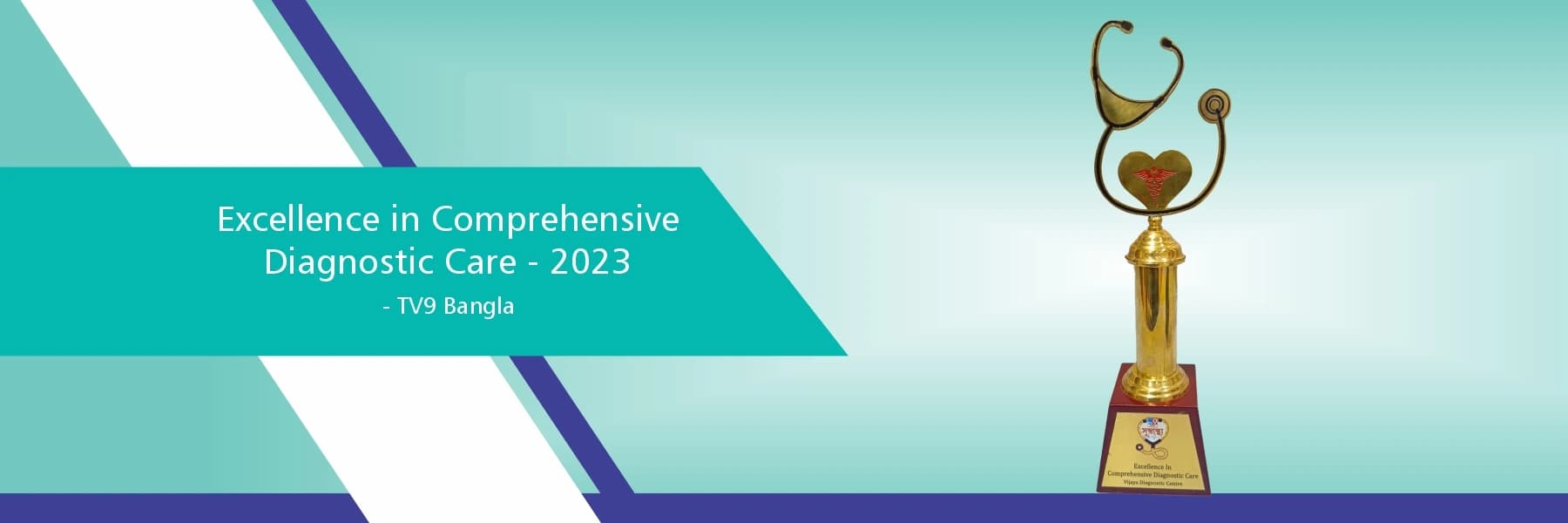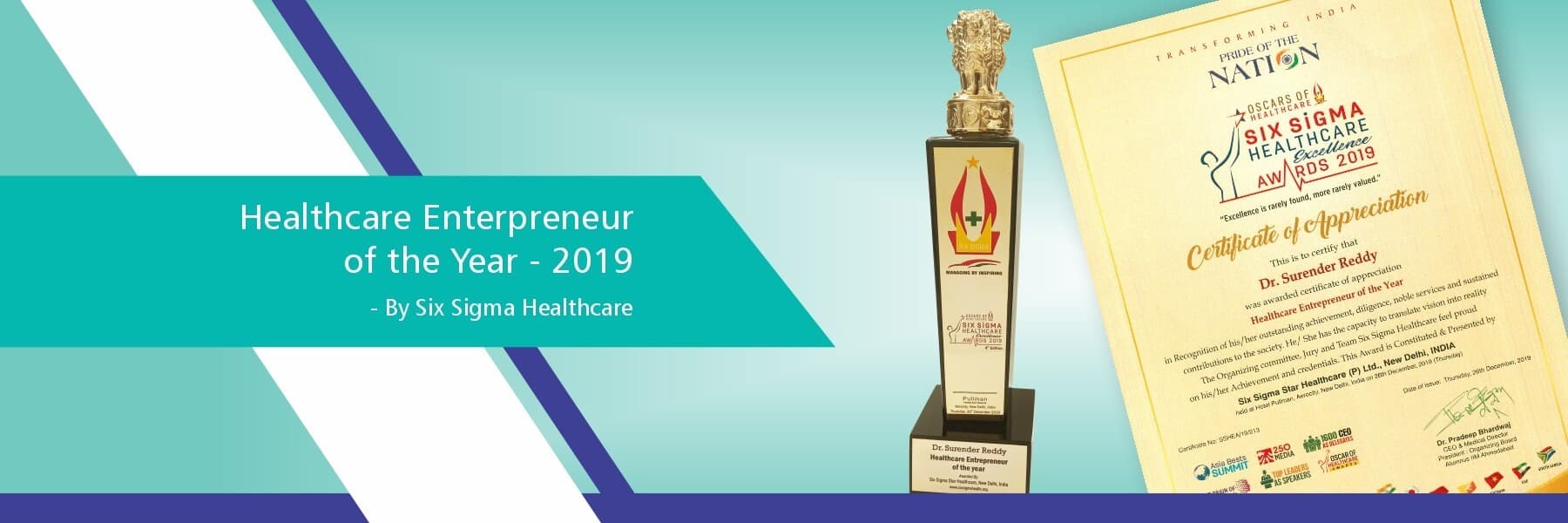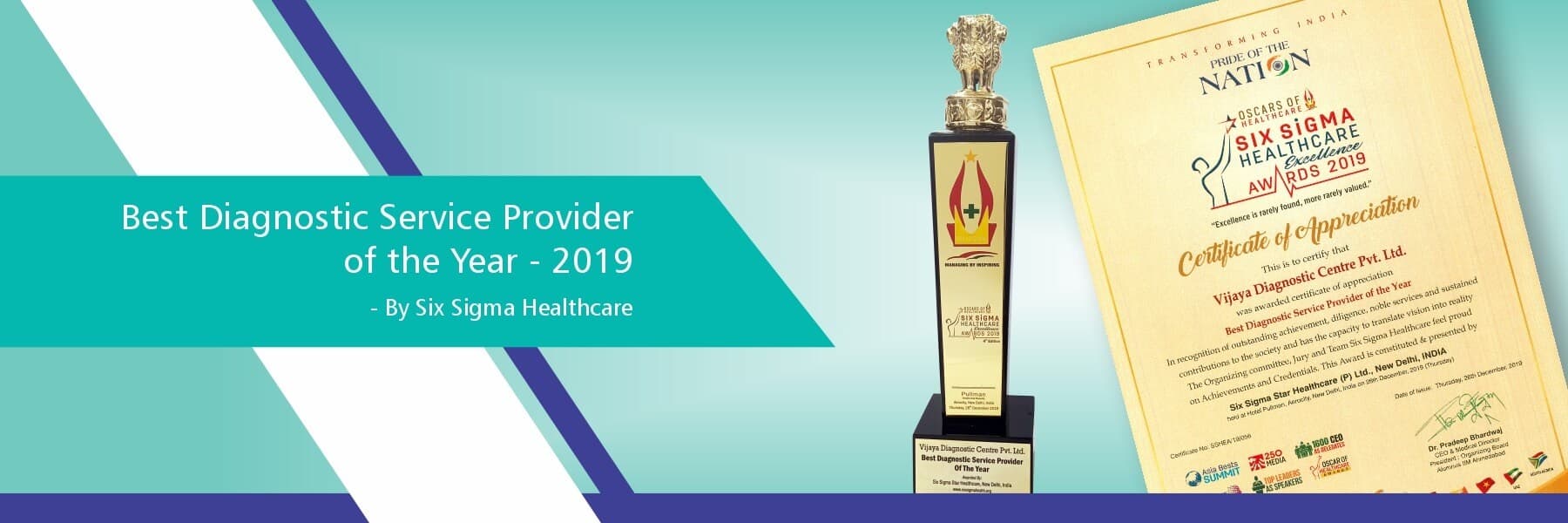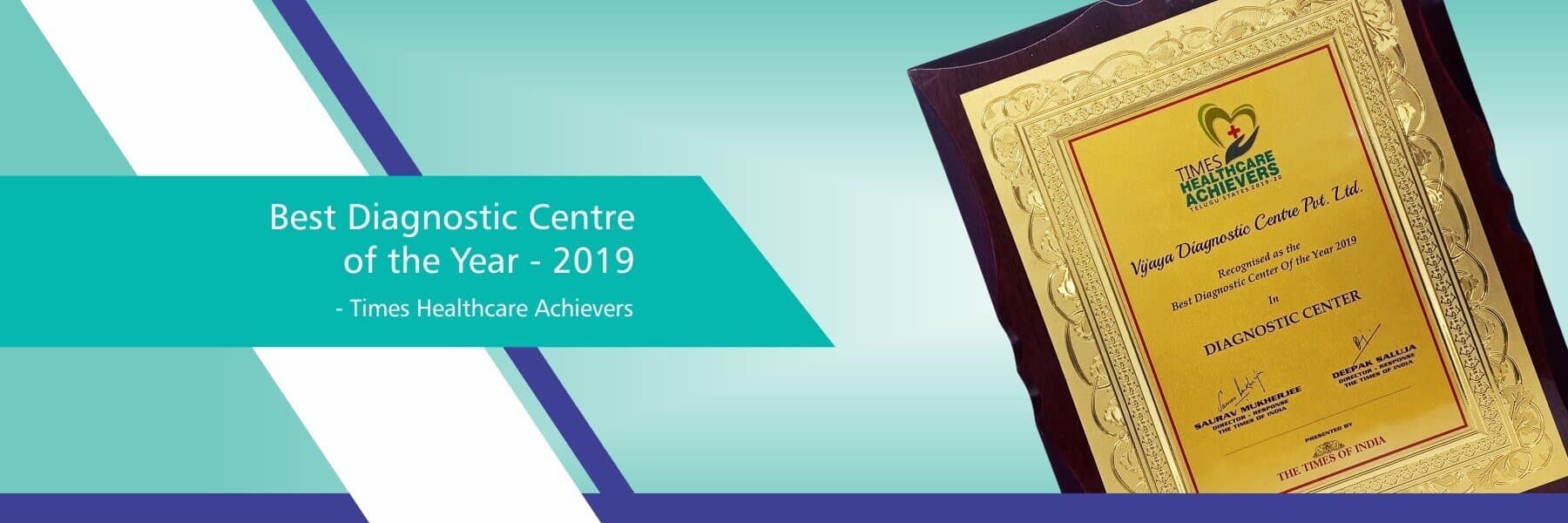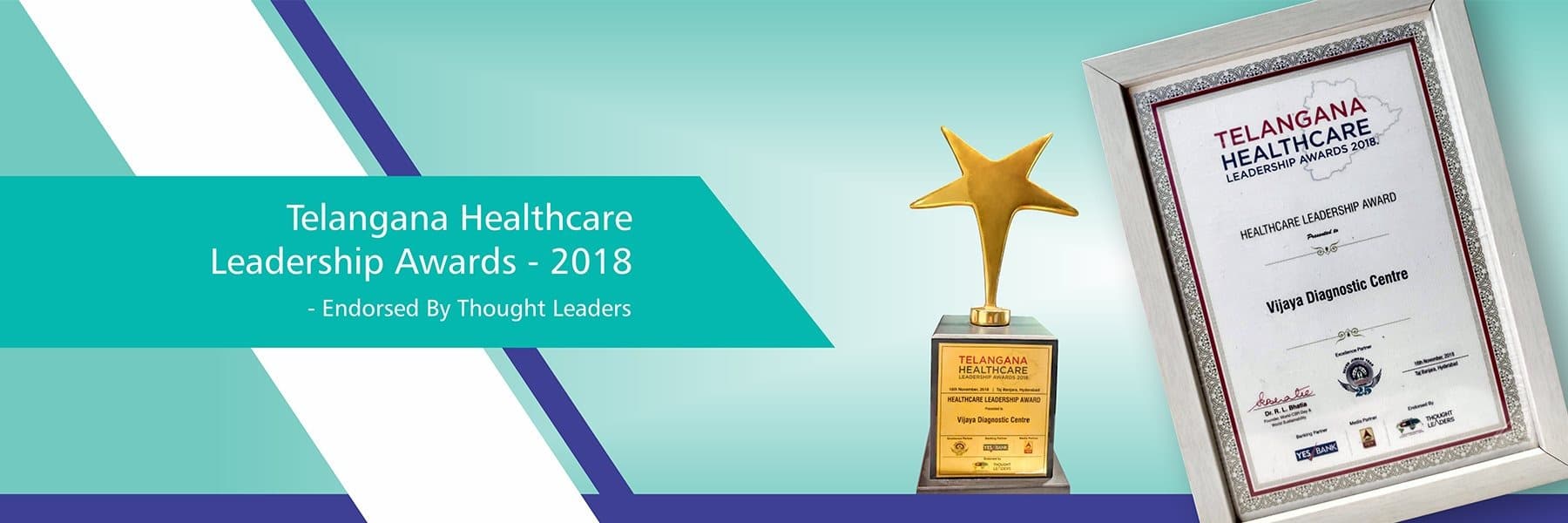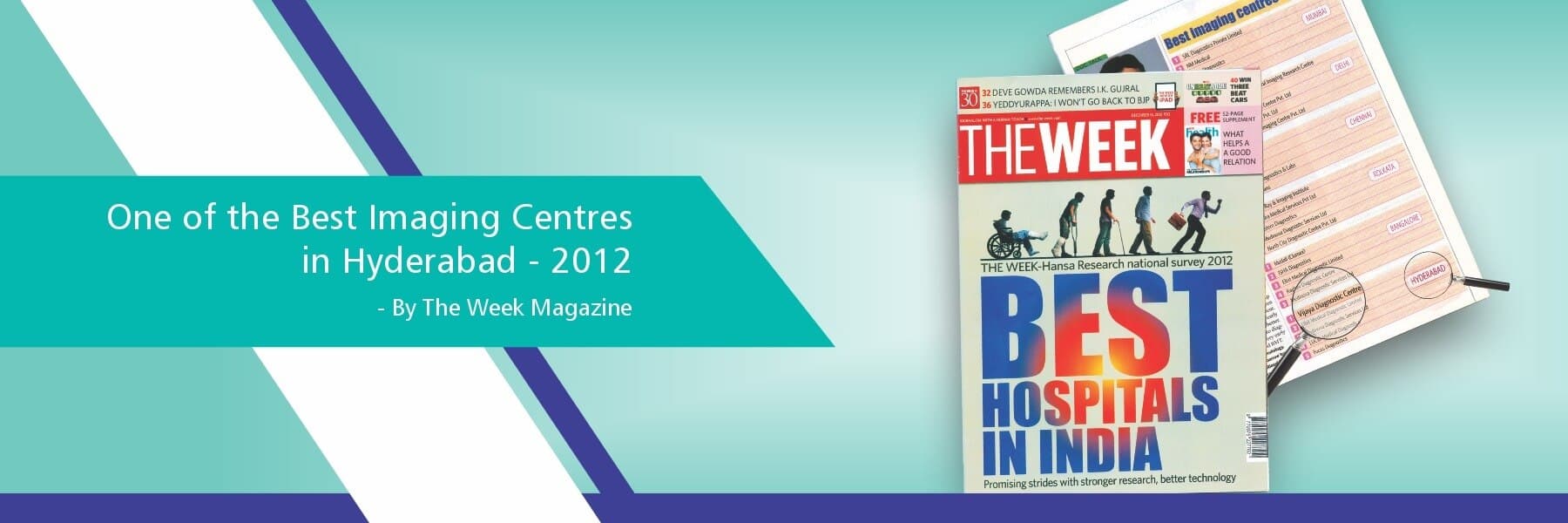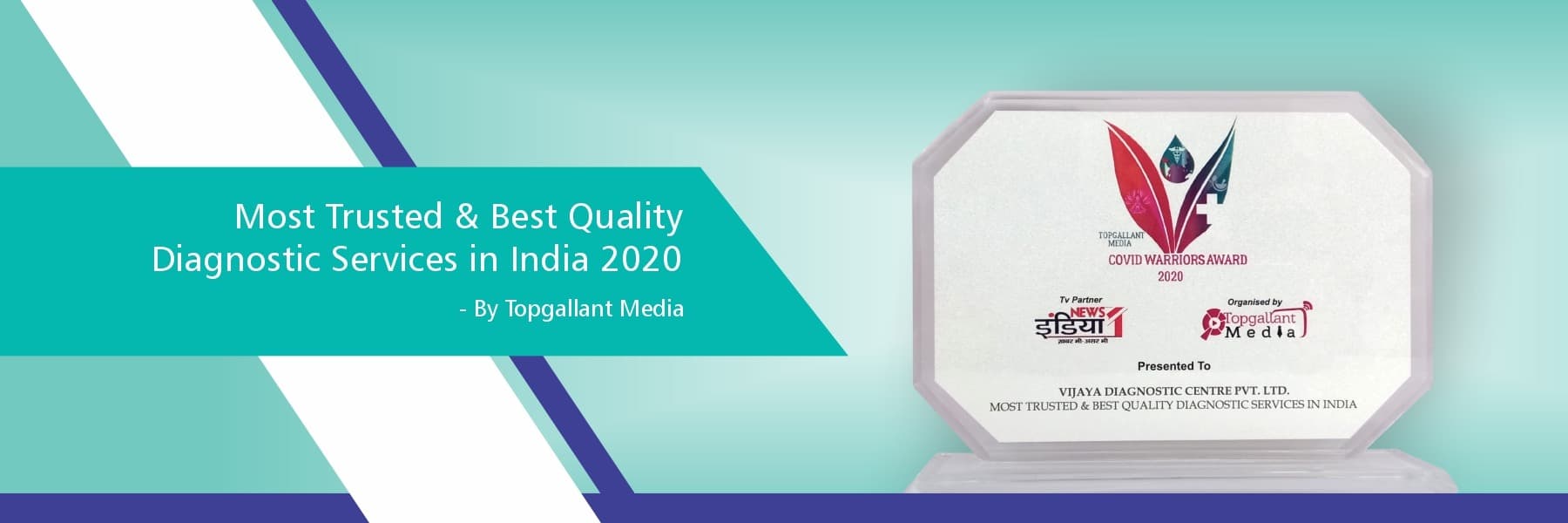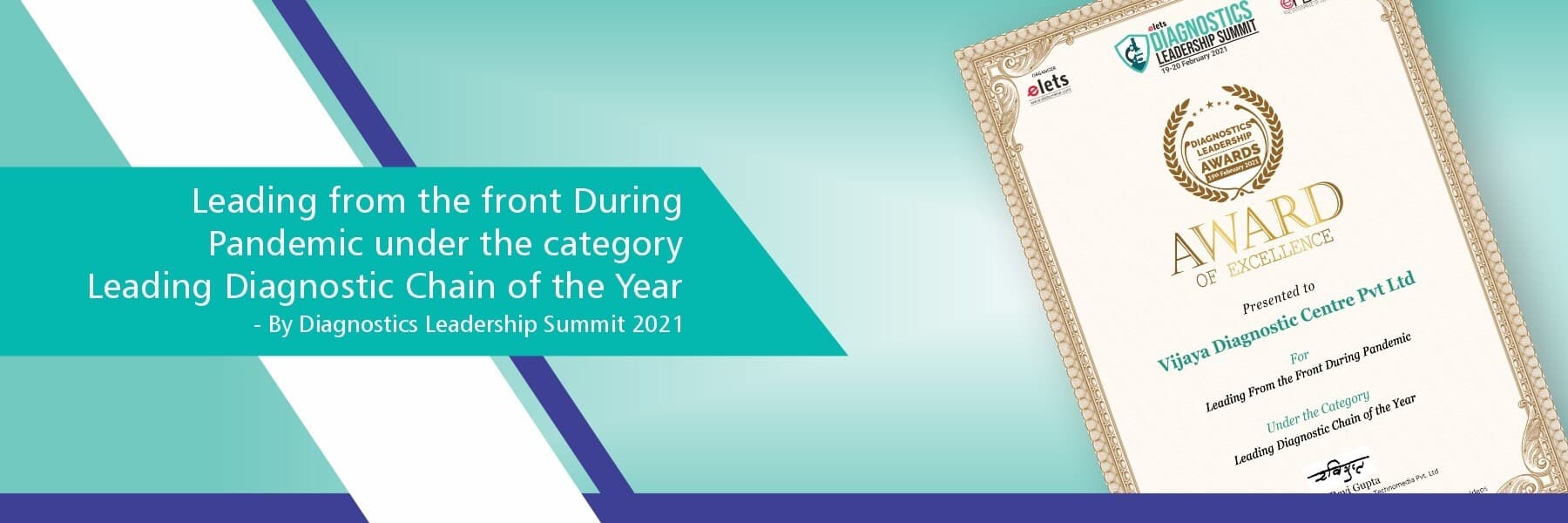Understanding PET CT scan and its Significance in Diagnostics
Positron Emission Tomography, also commonly referred to as a PET scan, is an nuclear medicine based imaging technique which uses a radioactive tracer to reveal the health, functioning and metabolic activity of organs & tissues throughout your body in real-time. As the name suggests, this functional imaging technique generates images of internal structures based on the radiation or positrons emitted from the radioactive tracer administered to the individual.
A PET-CT scan combines two different imaging techniques: Positron Emission Tomography (PET) and Computed Tomography (CT). This powerful combination offers both functional and anatomical information, offering a more comprehensive picture of what's happening within your body.
This combined view can pinpoint the exact location of high metabolic activity within the targeted area,aiding in accurate diagnosis and treatment planning.
Why is a PET CT scan performed?
PET-CT scans serve a broad range of purposes in medical diagnosis and treatment as they offer a unique combination of functional and structural information. Here are some key reasons why a PET-CT scan might be ordered:
- Evaluating Neurological Disorders:PET CT scans can not only be used to evaluate memory and cognitive function but also be used to identify areas of abnormal brain activity associated with diseases like Alzheimer's, Parkinson's disease, Huntington’s disease and epilepsy. PET CT Scans can also aid in the assessment of brain tumors and their impact on brain function
- Assessing Heart Function: PET CT Scans can be used to identify the potential causes for chest pain or heart failure and reveal areas of poor blood flow or damage to the heart muscle. PET CTs are also performed before procedures like coronary artery bypass surgery or angioplasty to assess blood flow in the heart and identify areas that would benefit from these procedures
- Diagnosing Infections: They can be used to locate inflamed or infected tissues throughout the body and monitor response to antibiotics and other forms of treatment
- Diagnosing and Staging Cancers: PET CT scans can highlight tumors with high metabolic activity, even before they show up on CT scans and aid in the accurate assessment of metastasis or the spread of cancer to other organs or lymph nodes. PET CT scans can aid in detecting cancer recurrence early and monitoring the effectiveness of treatment strategies.
PET CT scans can also guide surgical procedures and biopsies for tumor confirmation and tissue analysis.
Some of the other common applications of a PET CT scan include:
- Assessing functioning of organs involved in various systems such as digestive, skeletal and immune
- Evaluating the cause of unexplained fever or weight loss.
- Screening for hematoma or perfusion of brain tissue immediately after an accident or injury
- Guiding treatment planning for certain autoimmune diseases
How does the PET CT scan compare to other tests?
While traditional imaging techniques such as X-rays and CT scans are used to assess the health and detect the presence of disease in organs, PET scans provide real-time functional 3D images in which areas with high activity areas are highlighted.
PET CT scans are highly sensitive and specific so they improve diagnostic accuracy due to precise localization and the ability to detect even small tumors or minute metabolic changes.
Given that PET CT scans are a combination of the PET scan and CT scan, they tend to be more expensive than most other common imaging techniques used for diagnostic purposes.The other downside is that individuals are exposed to significantly higher radiation compared to other procedures such as a standalone CT or PET scan or X-rays.
PET CT scans also take a longer time compared to just a CT scan, ultrasound or X-rays.
How is a PET CT scan performed?
Here's a breakdown of what a PET CT scan procedure:
As part of the PET CT scan, you will have to undergo the entire PET scan process which involves the following steps:
- A small amount of radioactive tracer is injected into your bloodstream.
- This tracer accumulates in areas with high metabolic activity, which can indicate healthy organs working hard or potential diseased processes.
- A PET scanner detects the radiation emitted by the tracer and creates detailed 3D images showing these metabolically active areas.
The second part of the PET CT scan process involves getting a CT scan immediately after the PET scan.
- After the PET scan, you stay in the same scanner while an X-ray beam rotates around your body, generating multiple thin cross sectional slices or images.
- These slices are reconstructed by a computer to create detailed 3D images of your body's internal structures, including bones, organs, and blood vessels.
The PET and CT images are then merged, allowing doctors to see both the function and structure of your body in the same image.
What risks are involved with a PET scan?
PET CT scans are mostly painless, safe and non-invasive. The amount of radioactive tracers used is carefully considered and controlled to minimize radiation exposure. However, there may be a few PET CT risks which include:
- Higher radiation exposure since it involves both PET and CT scans. This may increase the potential risk of developing cancer in the future.
- Another potential PET scan health risk is discomfort, irritation and infection at the site of injection
- Although rare, some individuals may develop allergic reactions to the radioactive tracers used.It is strongly advisable to inform your doctor and technician beforehand if you have a history of allergies. The allergic reactions are usually mild and resolve quickly.
- Individuals with a known history of claustrophobia may experience elevated stress and anxiety during the procedure.
Pregnant women and breastfeeding women are discouraged from getting PET scans and PET CT scans as the baby could be exposed to radiation. The baby’s growth may get affected significantly and it also increases the risk of developing cancer in the future. PET CT can be harmful for individuals with kidney disease or elevated creatinine levels caused by certain medications. Please talk to your doctor to weigh the benefits of a PET CT scan against the potential risks and take an informed decision.
How to Prepare for a PET CT scan?
PET CT scan preparation is usually minimal for most individuals. Some of the common guidelines for PET scan preparation are:
- Wear loose and comfortable clothing without metal fasteners.You may also be asked to change into a clean hospital gown in some cases.
- You would be expected to fast for at least 6 hours before the scan as food may affect the way the radiotracer is distributed. You can consume water before the scan though.
- You may have to pump milk prior to the scan if you are breastfeeding. Please talk to the doctor to understand if you need to undergo any additional prep if you are pregnant or breastfeeding.
- You may also have to stop taking certain medications before the scan. If you are taking vitamins or herbal supplements then please talk to your doctor and understand whether you can take them.
- Talk to your technician and doctor if you have diabetes or allergies. Follow the instructions provided by them religiously.
Post the PET CT procedure, ensure that you drink plenty of fluids to flush out the radioactive waste from your body. Avoid or minimize contact with your loved ones to prevent radiation exposure. Eat a healthy balanced diet and maintain personal hygiene. Follow any other instructions and guidelines mentioned by your consultant religiously post the scan.
If you’re worried about PET CT cost or wondering where can I find a reliable PET CT scan center near me, then look no further. With over 140 centers across 20 cities, you're sure to find a Vijaya Diagnostics center near you!
Trusted by millions, our NABL-accredited and ISO Compliant labs equipped with cutting edge technology offer expert insights, swift results and transparent pricing
Book your PET CT scan today instantly and avail exclusive discounts on the Vijaya Diagnostics app.
Choose Vijaya Diagnostics - because your health deserves nothing less!
Frequently Asked Questions
1. Are there any risks or side effects associated with PET scans?
Ans - While generally safe, PET scans do carry some potential risks to consider. Some of the PET scan health risks include:
- Radiation exposure and potential risk of developing cancer like any other investigation involving radiation.
- Although rare, some individuals do experience allergic reactions to the radioactive tracer used.Symptoms of an allergic reaction may include hives, itching, or difficulty breathing.
- Bleeding, bruising, inflammation or infection at the injection site
- Elevated anxiety and claustrophobia
Patients with asthma, allergies, heart disease and blood cell disorders are more likely to develop an allergic reaction to the iodine tracer.
PET scans are not advisable for pregnant or breastfeeding women as it may harm the baby’s growth. PET scans can be harmful for individuals with kidney disease or elevated creatinine levels caused by certain medications. Consult your doctor to weigh the benefits of a PET CT scan against the potential risks and take an informed decision.
2. What conditions or diseases can be diagnosed using a PET scan?
Ans - PET CT scan excels at finding areas with increased metabolic activity in the body so it can be used to diagnose a diverse range of conditions including:
- Cancers/ Hidden cancers
- Neurological disorders such as Alzheimer's, Parkinson's, and epilepsy
- Heart problems
- Infections
- issues with the digestive, musculoskeletal and immune system
3. How long does a PET scan take to complete?
Ans - The PET CT scan itself usually takes only 20 to 30 minutes in most cases. However the overall time including prep might take anywhere between 60 and 90 minutes since the radioactive tracer takes 30 to 60 minutes to accumulate in the targeted area
4. Are PET scans used to monitor the progression of cancer treatment?
Ans - Yes, PET scans can be used to monitor cancer effectively. They can be used to:
- Detect cancer recurrence
- Stage cancers accurately
- Assess and evaluate treatment response for specific cancers such as lymphoma, lung cancer, melanoma etc.
Drag & drop your files here, Or
browse files to upload.
.pdf, .jpg & .png formats supported. Upto three files can be uploaded at a time
Blogs
Awards & Recognitions
Diagnostic Education
Frequently Asked Questions (FAQs)
Centre Details & Locations
You can click on the Centre Locator mentioned on the top right bar of our home page website to locate centres in your city. You can also search in Google “Vijaya Diagnostic Centre near to me” to find the nearest centre.
Yes, most of the centres have this facility.
Yes, you can check the operational timing of a branch by selecting the centre you want to visit on our website or Google map of respective centre
Health Checkup & Packages
The validity of a health check package is 30 days from the date of invoice, for more detail to Terms & Condition of use section on our website.
Watch This Video for Detailed Information
Once the validity period is over for your registered package, the package cannot be availed. The amount paid by you during the registration process is non-refundable, non-transferable and gets forfeited if you do not visit the branch within the validity period. The amount paid by you during the registration of the special package cannot be utilized for availing other packages.
No. These are special promotional packages which are available for registration only during the specific campaigns and thus it is important for you to register there during the event/campaign. These are specially designed and discounted packages which are only available during the campaign with specific validity period.
The package once registered, is non-transferable. One has to utilize the package for the registered customer only.
Home Sample Collection
Yes, you can book a Home Sample collection by selecting the desired tests on our website or calling our customer care number at 9240 222 222.
Yes, you can prepone/postpone an appointment by calling our customercare number at 9240 222 222.
Reports
Visit Home page of our website and click on Download reports icon. You need to login with mobile number and OTP. You will see your latest report in PDF format.
No, your reports would not be shared with anybody else other than you.
Tests Information & Instructions
Yes, fasting is recommended before undergoing a blood test.
Watch This Video for Detailed Information
- Generally, fasting is required prior to administering IV contrast. Fasting for ~ 4 hours (solid foods) is recommended.
- Kidney function test (serum creatinine) in cases of positive clinical history.
- Review of your medical history to determine that no issues exist preventing you from having a CT scan, such as pregnancy / contrast allergy or reaction (i.e., hives, rash, itching, breathing difficulty).
- A person accompany for IV contrast procedure.
- Some CT scans require drinking oral contrast, for approximately 30–60 minutes prior to your scan.
- Some CT scans involve an injection of contrast, for which an IV cannula will be inserted.








